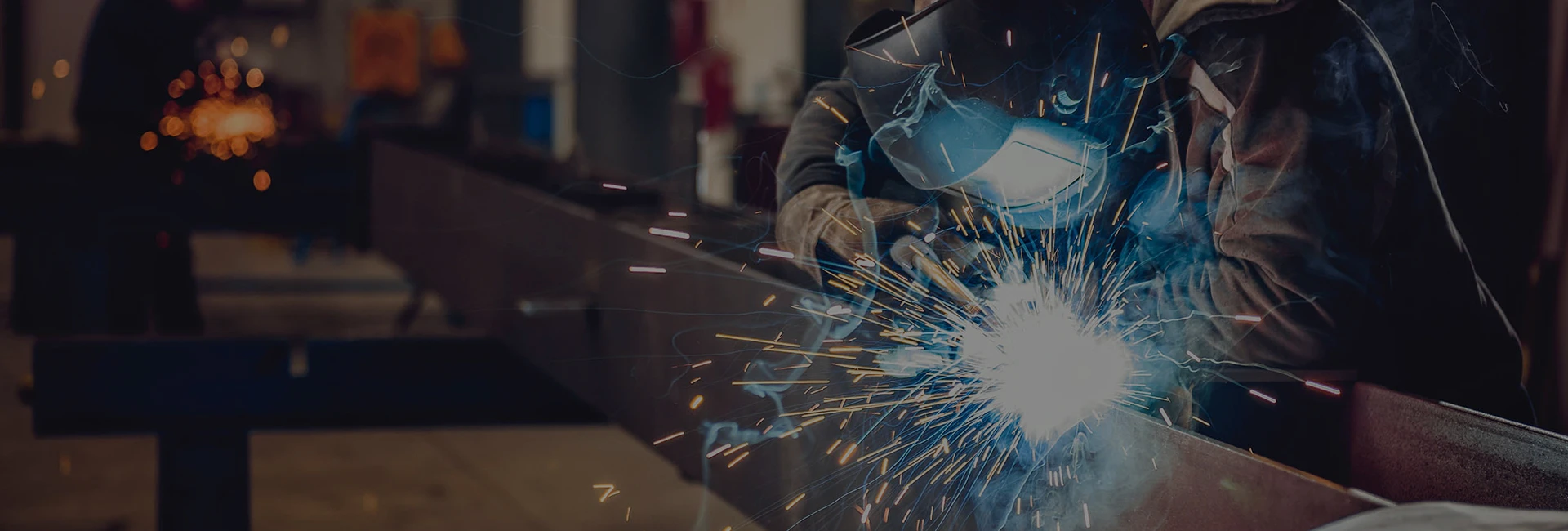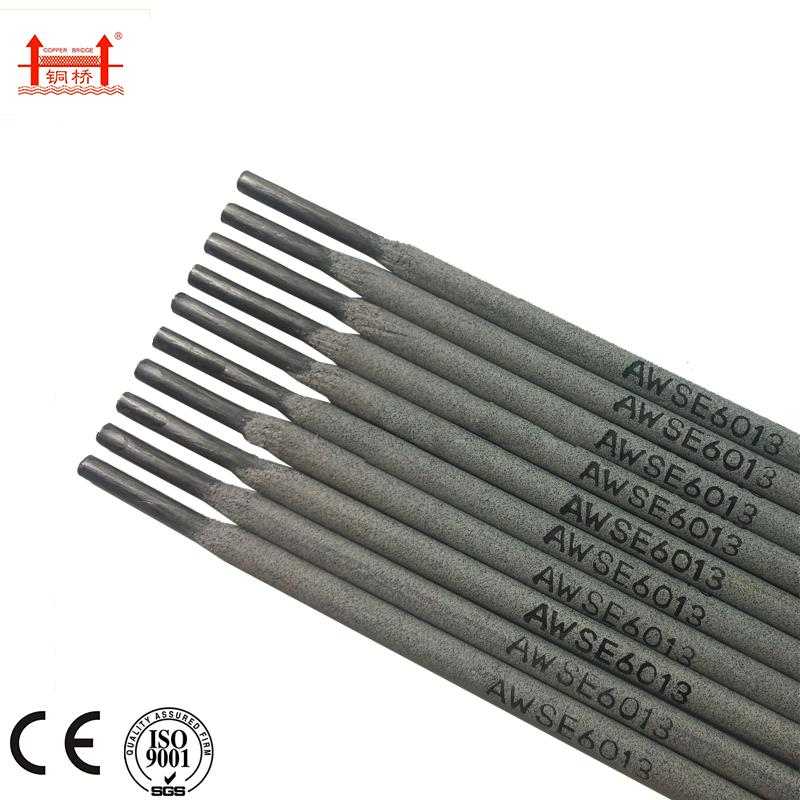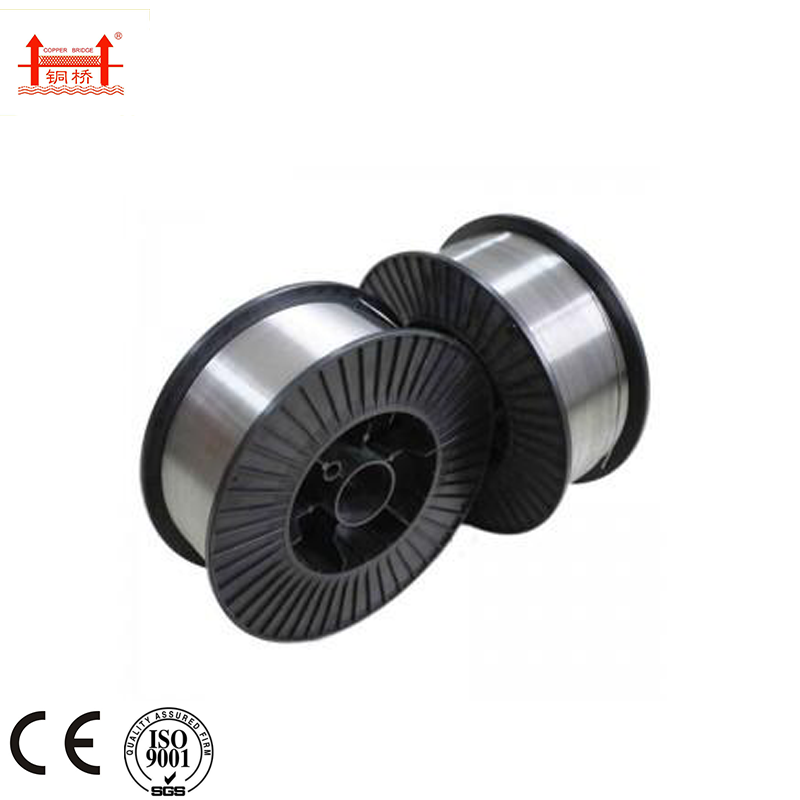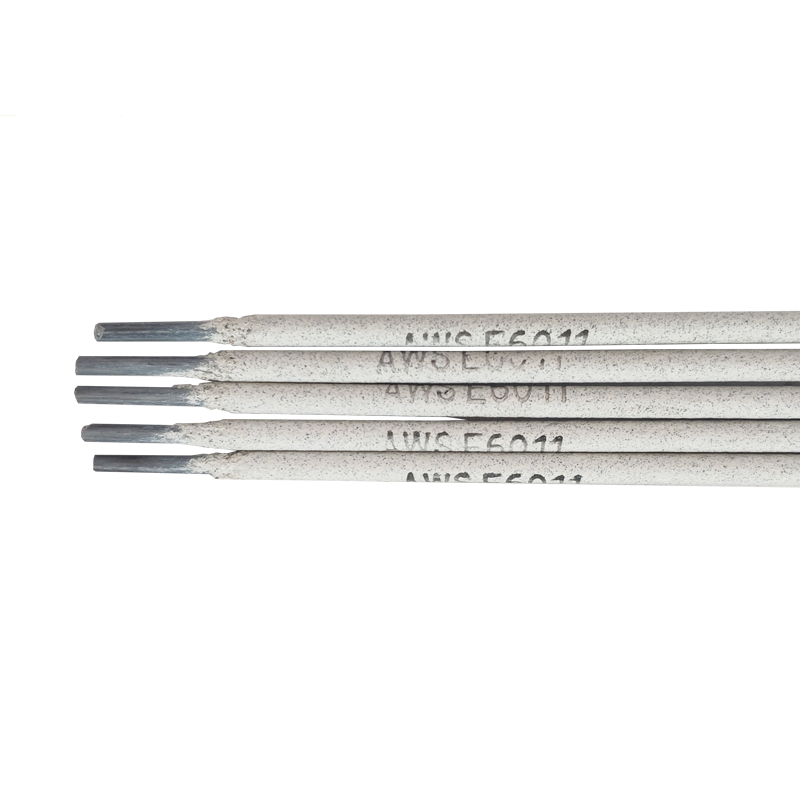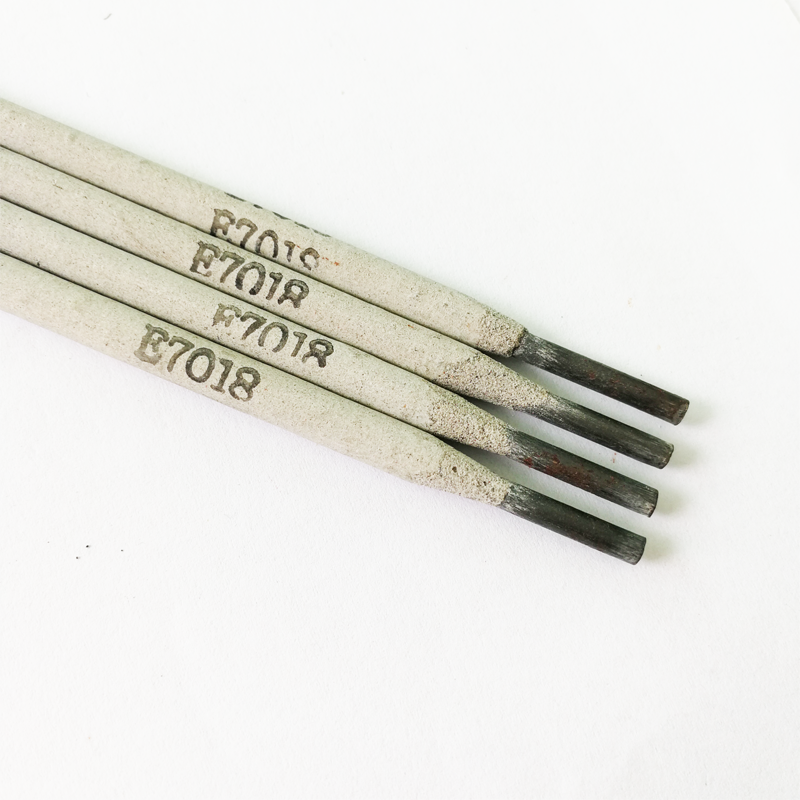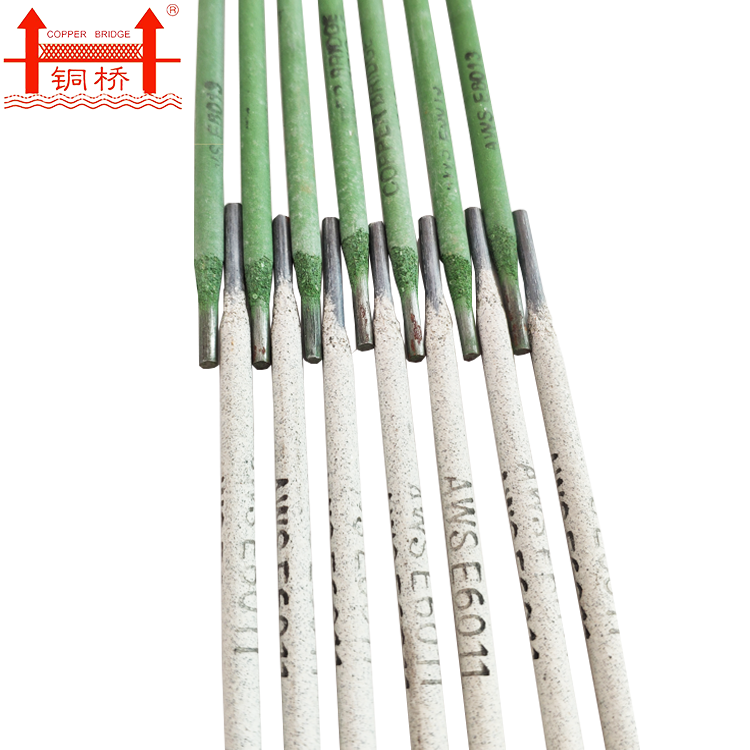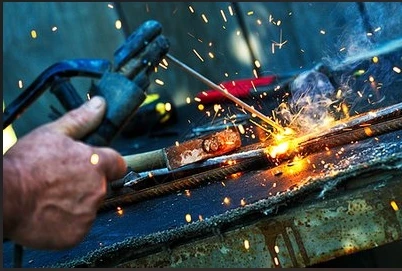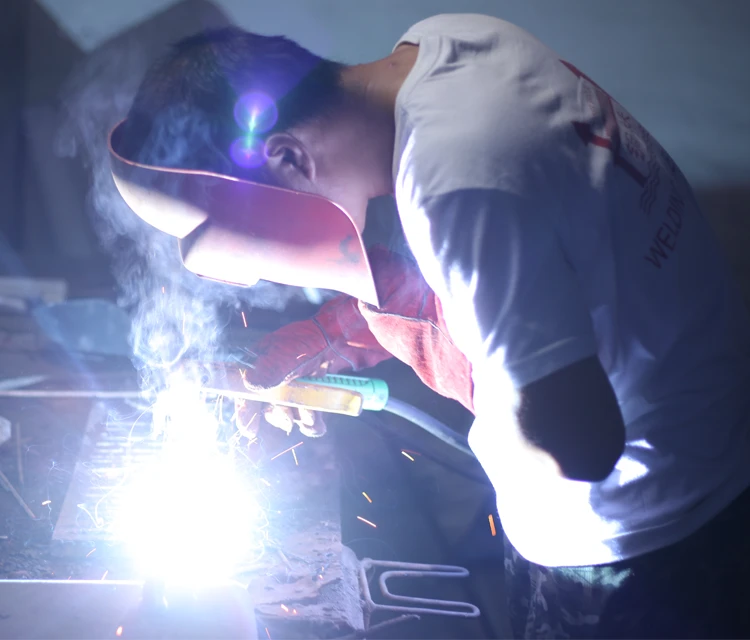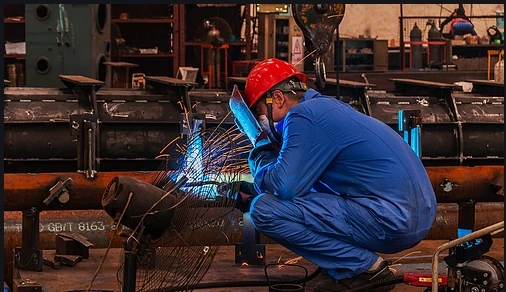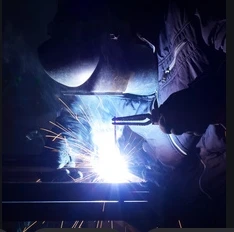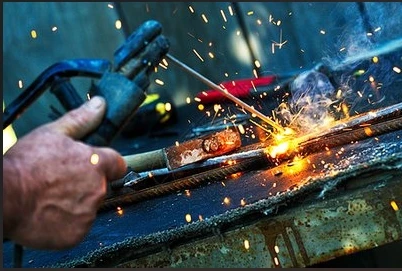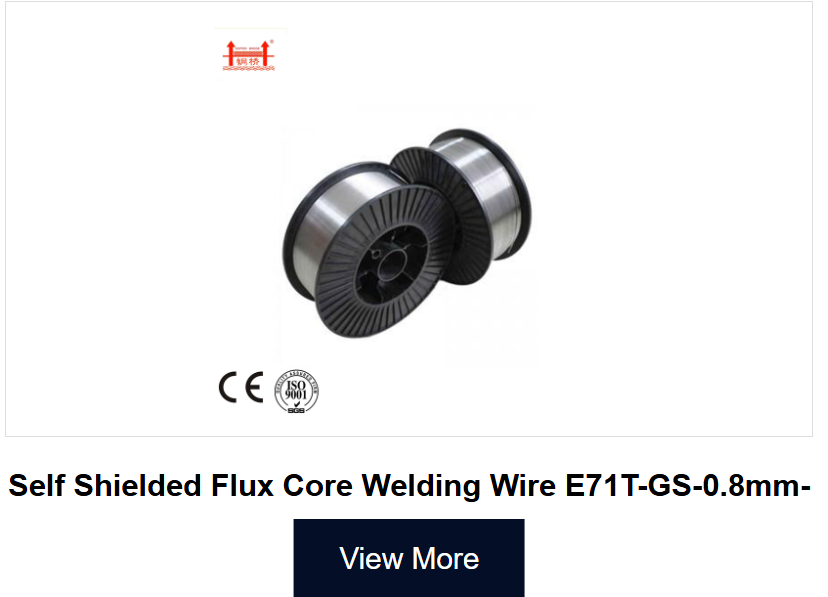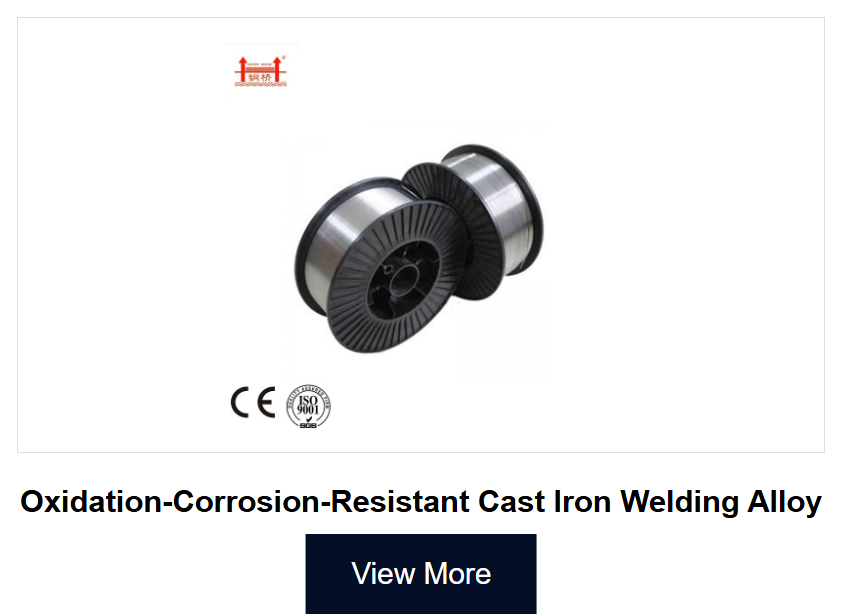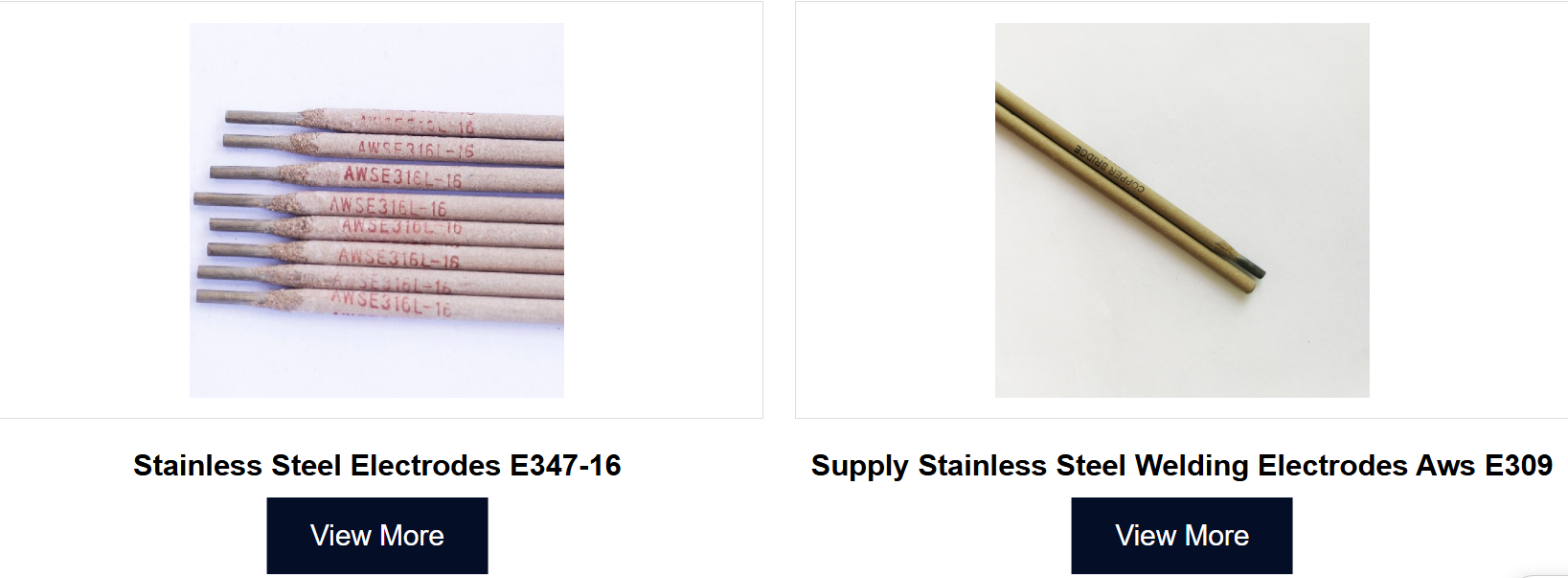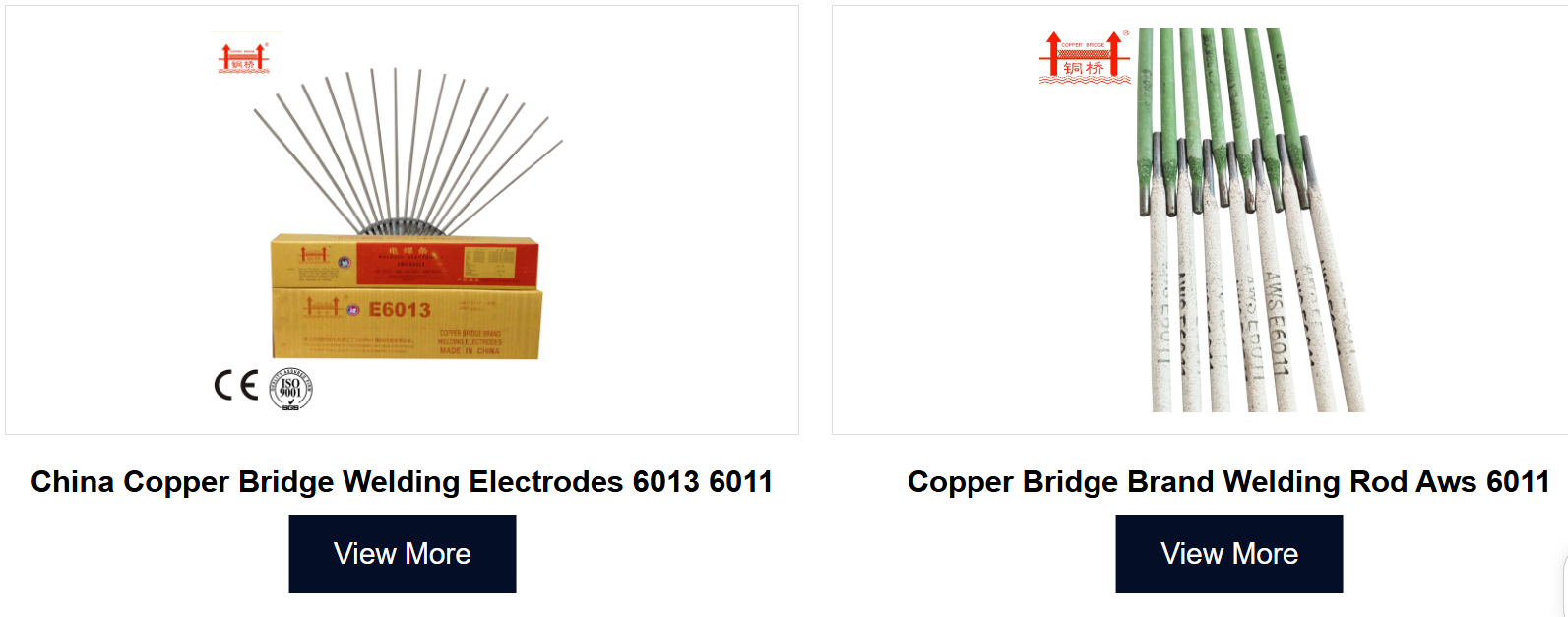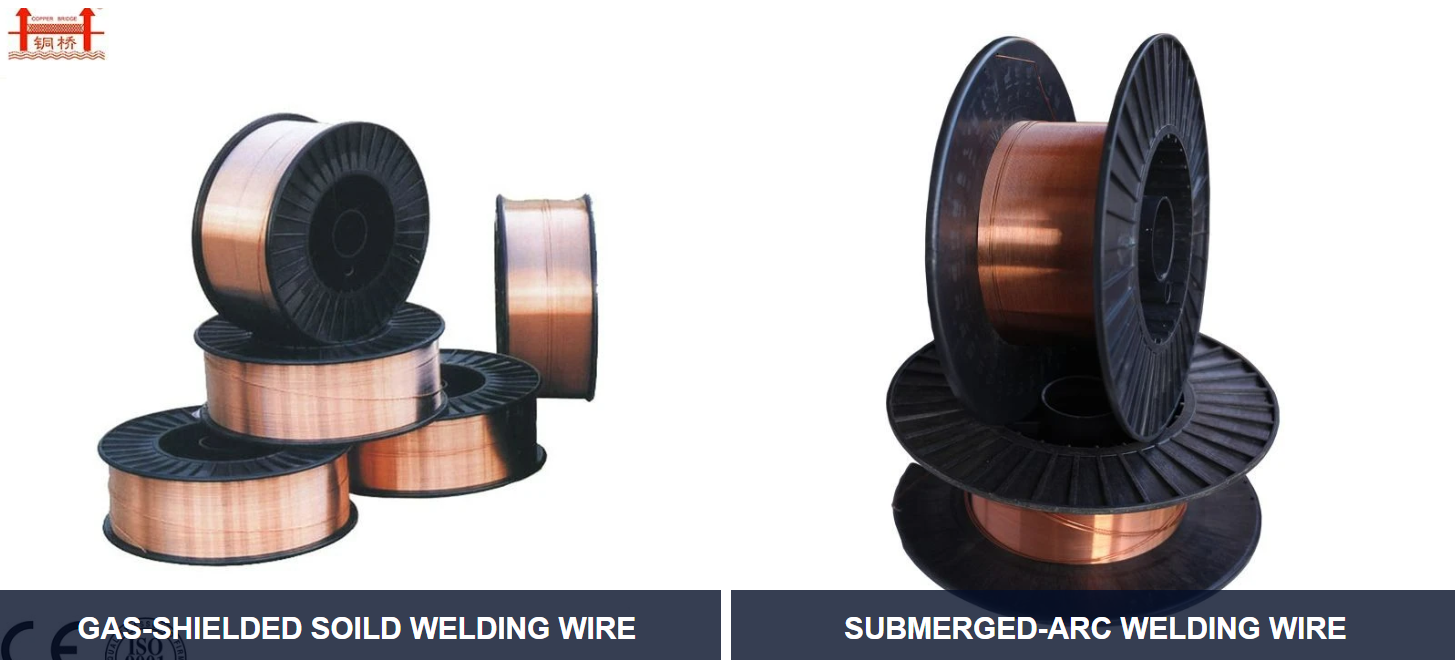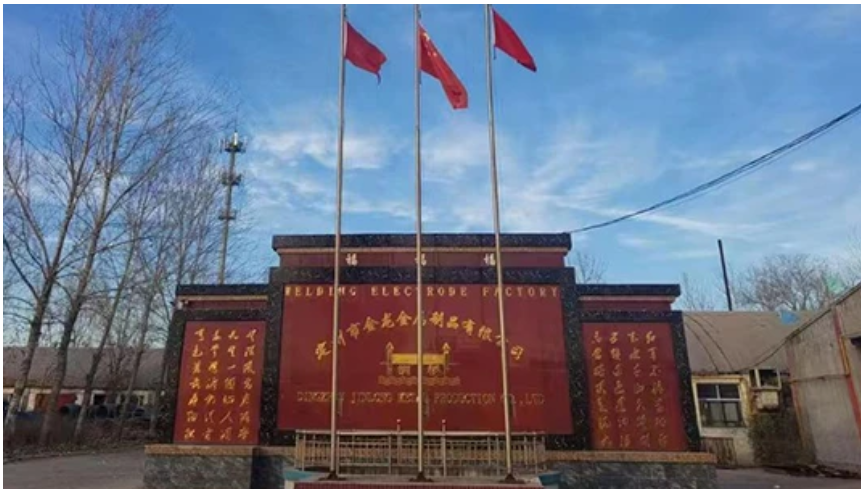Stainless Steel Flux Core Wire For High-Temperature Applications
Ago . 29, 2025 16:46
In demanding industrial environments where temperatures soar and corrosion relentlessly attacks metal structures, the choice of welding consumables becomes mission-critical. Stainless steel flux core wire stands as an engineering marvel in these scenarios, combining oxidation resistance with exceptional strength retention under thermal stress. Dingzhou Jinlong Metal Production Co., Ltd., a powerhouse in welding innovation based in Hebei, China, leverages advanced manufacturing to produce premium-grade wires specifically engineered for extreme conditions. With an annual output of 50,000 tons and cutting-edge production lines, the company delivers solutions that empower wholesalers to supply industries like power generation, chemical processing, and aerospace with uncompromising reliability.
Understanding Flux Cored Welding Wire Technology
Flux cored welding wire revolutionized arc welding by integrating flux compounds within a hollow metallic sheath. Unlike solid wires, this design creates a protective gas shield and slag layer when heated, eliminating the need for external gas cylinders in self-shielded variants. Dingzhou Jinlong’s precision engineering ensures consistent flux distribution, critical for stabilizing the arc and preventing porosity in high-heat environments. The technology excels in outdoor or windy conditions where traditional MIG shielding gases dissipate. For high-temperature applications, the flux formulation includes deoxidizers like aluminum and silicon to combat oxidation, while alloying elements such as chromium and nickel enhance scale resistance. This wire type also offers higher deposition rates than solid wires, reducing project timelines – a key selling point for wholesalers serving large-scale infrastructure projects.
Featured Product: Self-Shielded Flux Core Welding Wire E71T-GS
|
Parameter |
Specification |
|
Diameters |
0.8mm, 0.9mm, 1.0mm, 1.2mm, 1.4mm, 1.6mm |
|
Welding Positions |
All-position (Flat, Horizontal, Vertical, Overhead) |
|
Arc Characteristics |
Smooth arc action with minimal spatter |
|
Slag Behavior |
Full coverage, easy removal |
|
Key Advantages |
Excellent penetration, low hydrogen levels, crack resistance |
Advantages of Stainless Steel Flux Core Wire in Extreme Heat
Stainless steel flux core wire dominates high-temperature applications due to its metallurgical resilience. When standard carbon steels weaken or oxidize above 500°C, stainless alloys like 309L or 316L maintain tensile strength while resisting scaling. The flux core’s reactive compounds actively purify the weld pool, neutralizing contaminants like sulfur that cause embrittlement. Dingzhou Jinlong’s wires incorporate rare earth elements to refine grain structures, enhancing creep resistance in furnaces or exhaust systems. Unlike coated electrodes, these wires enable continuous welding without stoppages, boosting productivity in boiler manufacturing or refinery repairs. Critically, the slag system stabilizes heat input, preventing warping in thin-section components. For wholesalers, this translates to fewer client complaints about weld failures in thermal cycled systems – a major competitive edge in industrial supply chains.
Optimizing Performance with Flux Core MIG Wire Techniques
Mastering flux core MIG wire requires tailored techniques to harness its high-temperature capabilities. Always use DC+ polarity for deeper penetration in thick materials like heat exchanger plates. Maintain a 15–25° drag angle and avoid excessive weaving, which disrupts gas coverage. For stainless grades, keep interpass temperatures below 150°C using intermittent welding cycles; Dingzhou Jinlong’s low-spatter wires minimize cleanup delays here. In gas-shielded variants (dual-shield), employ tri-mix blends (90% He/7.5% Ar/2.5% CO₂) to prevent chromium carbide precipitation. Storage is vital: keep wires in dry conditions (<50% humidity) using resealable packaging. Wholesalers should educate clients on these protocols – proper parameter sheets bundled with orders reduce returns and build trust.
FAQ: Answering Key Queries on Stainless Flux Core Wire Solutions
What High-Temperature Advantages Does Stainless Steel Flux Core Wire Offer?
Stainless steel flux core wire retains strength up to 1150°C (e.g., 309L grade), outperforming carbon steels. Its chromium-rich oxide layer resists scaling, while flux additives like niobium suppress intergranular corrosion. This makes it ideal for pyrolysis reactors, turbine casings, and exhaust manifolds.
How Does Flux Core MIG Wire Simplify Field Repairs in Hot Environments?
Flux core MIG wire requires no external gas, enabling repairs in windy plant sites or confined spaces. Dingzhou Jinlong’s self-shielded variants offer rapid deposition rates – critical for minimizing equipment downtime during emergency fixes in high-heat zones.
Why Choose Flux Cored Welding Wire Over Stick Electrodes for High-Temp Projects
Flux cored welding wire provides 20–30% faster deposition with continuous operation, reducing labor costs. It offers superior penetration in thick joints and lower hydrogen levels (<4ml/100g), preventing delayed cracking in thermally stressed components.
What Sizes of Stainless Steel Flux Core Wire Are Optimal for Different Applications?
Use 0.8–1.0mm diameters for thin-gauge heat shields (≤3mm) to prevent burn-through. For structural welds on boilers (8–20mm), 1.2–1.6mm wires balance deposition speed and controllable penetration.
How Should Wholesalers Store Flux Core MIG Wire to Preserve Performance?
Store flux core MIG wire in climate-controlled warehouses (10–25°C) with intact moisture-proof packaging. Once opened, transfer reels to dry cabinets (<40% RH). Discard wire exposed beyond 72 hours to avoid hydrogen-induced porosity.
Dingzhou Jinlong’s expertise in stainless steel flux core wire manufacturing ensures wholesalers deliver products that meet brutal thermal demands without compromise. By integrating advanced flux chemistries and stringent quality control – backed by 50,000-ton annual capacity – the company empowers distributors to become trusted partners in high-stakes industrial sectors. As thermal applications evolve, this synergy between innovative consumables and wholesale excellence will continue forging resilient infrastructure worldwide.
Vídeo relacionado



